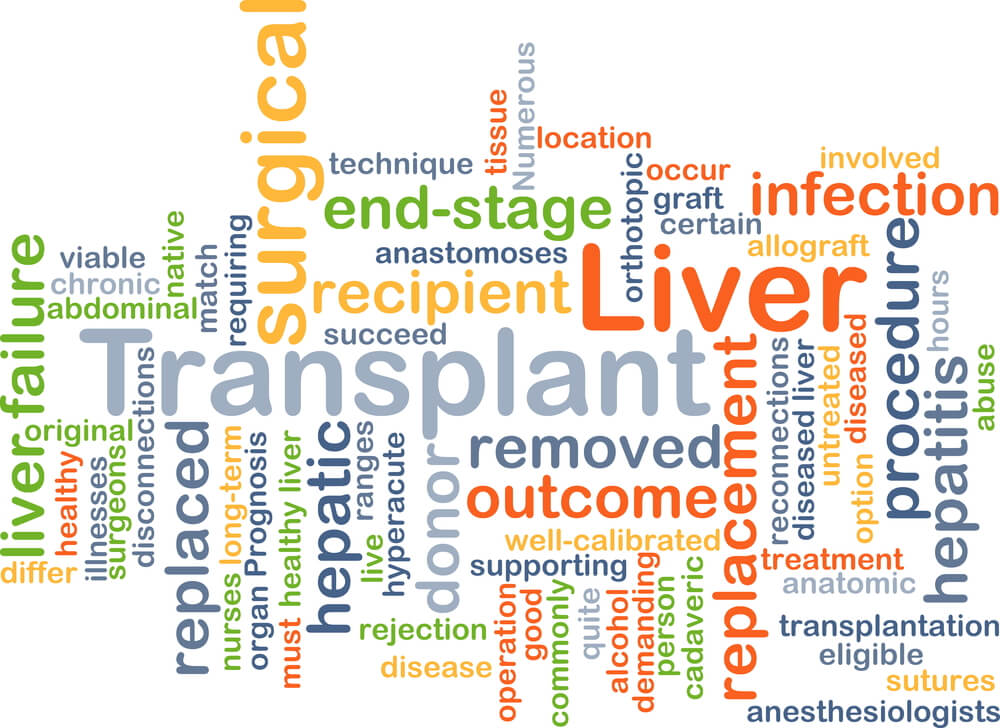Liver Disease and Stem Cells
Chronic liver failure can have several causes including; long-term alcohol consumption, cirrhosis, and malnutrition. Acute liver failure also has several causes including; paracetamol overdose, reactions to certain medicines, and viruses.[1]
The cause of liver failure can determine the treatment, however, in the case of chronic liver failure a liver transplant may be necessary if the liver cannot be saved.[1]
Liver Disease Facts
- The only major cause of death still increasing year after year is liver disease [2]
- Twice as many people now die from liver disease than in 1991 [2]
- Liver disease is the fifth biggest killer in England and Wales [2]
- 4,580 people died from alcohol related liver disease in England and Wales in 2007 [2]
- The amount of patients discharged from hospital with alcohol related liver disease in Scotland in 2007/8 had increased 400% compared to 1996 [2]
- Each year between 500,000 and 700,000 deaths are caused due to liver cancer or liver cirrhosis caused by hepatitis B worldwide[2]
- Of the 3,333 liver transplants performed between 2002 and 2007 in Britain, 527 were due to alcohol related cirrhosis and 412 sue to hepatitis C related cirrhosis [2]
- There are currently 55 clinical trials investigating the application of stem cells in liver failure [3]
- There are currently 229 clinical trials investigating the application of stem cells in liver disease [4]
- There are currently 8 clinical trials investigating the application of cord blood in liver failure [5]
- There are currently 33 clinical trials investigating the application of cord blood in liver disease [6]
Liver Disease and Stem Cells
Stem cell research with animal models has yielded promising results which suggest that cell therapies may one day offer an alternative to treating liver failure with a liver transplant.
Hepatic progenitor cells (HPCs) are liver stem cells which have the ability to regenerate liver tissue. In studies, these cells were transplanted into mice with severe liver damage, resulting in liver regrowth and improved liver structure and function.
Cell transplants could potentially become a treatment for liver failure, offering an alternative to an organ transplant, if the results in mice can be replicated in humans.[7]
Other preliminary trials have shown that autologous mesenchymal stem cells collected from bone marrow may be of benefit to patients with liver cirrhosis. However, more trials are needed to understand exactly how the cells alter the liver.
While these cellular interventions are currently limited to laboratory research and early-phase clinical trials rather than being approved clinical treatments, they establish a foundation for the future of regenerative hepatology. Preserving umbilical cord and placental tissue at birth secures a potent source of stem cells, providing families with a biological asset that may be utilised as scientific advancements transition into medical practice.
References
- http://www.webmd.boots.com/digestive-disorders/liver-failure
- http://www.britishlivertrust.org.uk/about-us/media-centre/facts-about-liver-disease/
- https://clinicaltrials.gov/ct2/results?term=liver+failure+stem+cells&Search=Search
- https://clinicaltrials.gov/ct2/results?term=stem+cells+liver+disease&Search=Search
- https://clinicaltrials.gov/ct2/results?term=liver+failure+cord+blood&Search=Search
- https://clinicaltrials.gov/ct2/results?term=liver+disease+cord+blood&Search=Search
- http://www.medicalnewstoday.com/articles/297102.php
- Nature cell biology, 17(8), 971–983. https://doi.org/10.1038/ncb3203
- Stem cell research & therapy, 9(1), 72. https://doi.org/10.1186/s13287-018-0816-2
- American journal of translational research, 14(8), 5848–5858.
The information contained in this article is for information purposes only and is not intended to replace the advice of a medical expert. If you have any concerns about your health we urge you to discuss them with your doctor.


